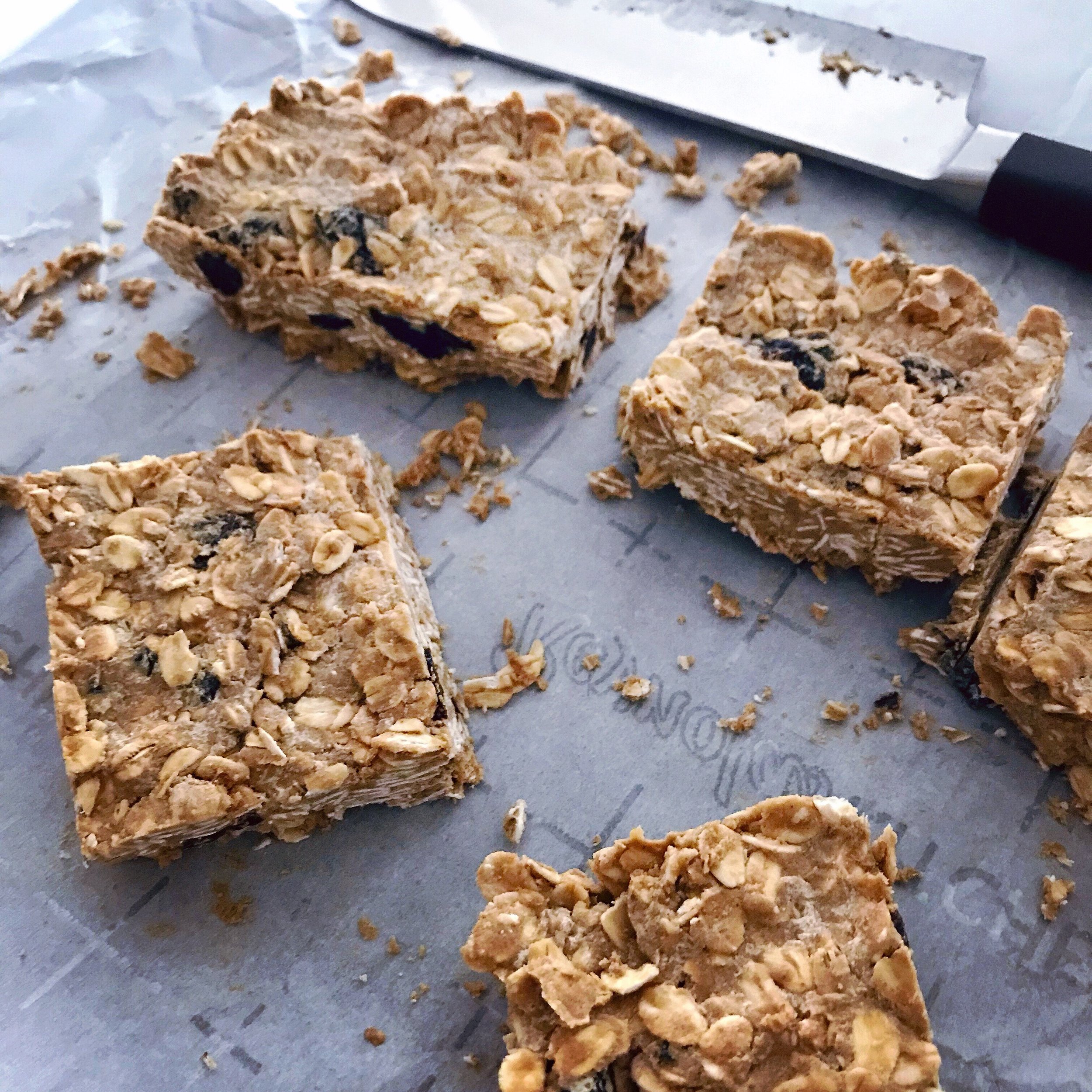Lately I have been working with athletes to help build meals and snacks that support their intense summer training schedules. I find that while the issue during the school year is maintaining sufficient intake with a busy school and sports schedule, the issue during the summer is maintaining sufficient intake or increasing intake to support the higher volume and intensity of training that occurs for many sports. Athletes that may have higher intensity summer training include distance runners (longer mileage in the summer in preparation for the fall season), dancers (with summer intensives), figure skaters (I went to camp for 6 weeks in the summer growing up and trained off and on ice for about 7 hours a day, whew!), football players with two-a-days in preparation for the fall, and many other club sport athletes that play year-round.
In working with these athletes and assessing intakes, it got me thinking about protein. I realized that, while I have written posts about how to meet protein needs or increase protein to meet needs, I have not written any posts talking about why you may be just fine and why you many NOT need to worry about your protein intake! I think it’s important to talk on this because the reality is that most teen athletes, if they are eating enough to support growth, training and activities of daily life are probably getting enough protein. Why? Well, because as I stated above, teen athletes need a lot of calories, especially during the height of their training! And in order to meet that increased need in a way that fills and satisfies the body, protein is usually increased as a byproduct. It’s hard to increase intake that much (I’m talking 3500 to 4000 calories a day here) and not use any protein-containing foods, especially when part of the goal with the increase is to help the athlete feel satisfied so he / she isn’t hungry ALL. DAY. LONG. Even our carbohydrate sources, like whole grain bread, pasta, milk and yogurt contain protein. And there is 7 grams of protein in just one ounce of meat! I rarely come across a male teen athlete who says he only eats two ounces of meat with his dinner…
So, what’s my point? My point is that many athletes (and many people in general) are consuming more protein than they think, especially when trying to increase their intake. It seems like society is soooo focused on protein these days and getting more protein. I actually had a hard time finding a non-Greek dairy yogurt at the store yesterday. Yes, protein is important and there are many athletes who have trouble meeting there needs but, before going out and buying all of the high protein bars, yogurts, milks, cereals and shakes out there, I would first challenge you to take a look at how much protein you are currently getting in a day . If you love non-Greek yogurts or regular granola bars vs protein bars, great! Chances are those “average products” contain some protein anyway all contributing to your needs at the end of the day.
Want to see an example of what I’m talking about? Let’s take a look!
Let’s say you’re a high school athlete that weights 121 pounds (55 kg) and your sports dietitian says you should be getting about 1.4 grams protein / kg / day, which is appropriate for some young athletes (but I don’t know you so please don’t take this as medical advise or a personal recommendation of what you should be getting in a day). The diagram below is what that would look like. And, y’all, that’s it! That’s all you need! The thing is, you are going to need way more calories (and other nutrients) than what the below chart shows and so my point is, you’re probably getting enough protein to meet your needs. What you should now be focusing on is increasing those carbs to fuel your brain and muscles, getting healthy fat to promote satiety, decrease inflammation and absorb other nutrients and micronutrients like calcium and vitamin D to protect your bones.
So, again, if you worry about your protein intake, I challenge you to take a closer look at what you are eating and drinking. Compare it to my example here and my list of protein-containing foods. If you still worry about your intake, I encourage you to reach out to a sports RD in your area. If you’re interested in working with me, I would love to work with you! You can reach out to me through the link here.
Happy Fueling!
Taylor









